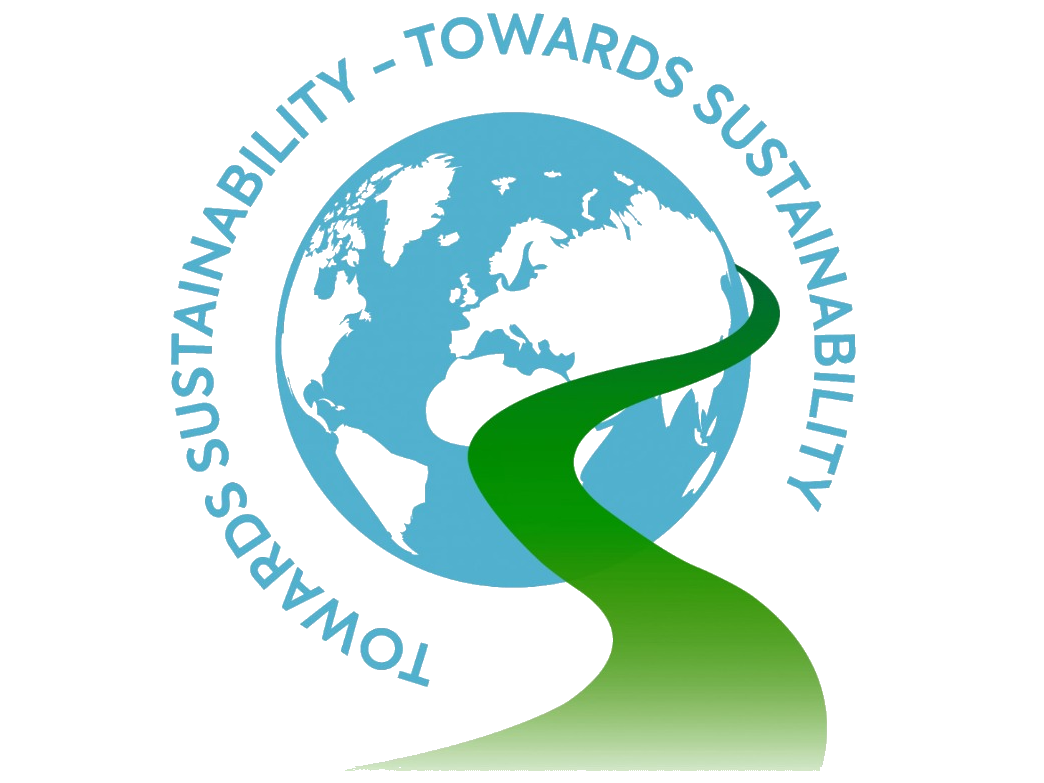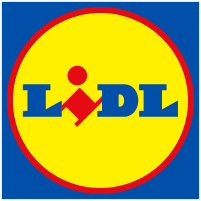Fevia
Client
Belgium
An integrated sustainability roadmap for the Belgian food industry


2023 · Industry & Electronics, Transport & Mobility · Worldwide
Electric cars, smartphones, renewable energy storage, e-bikes, and e-scooters. These innovations that build a greener, connected society are all powered by batteries. Because of this, battery production will grow 25% per year to about 20 times the present volume by 2030 (World Economic Forum).
Despite its important role in battery development towards a greener future, the mining and materials sector is faced with controversies. The most recurrent ones are community relations, water management, health and safety issues, and human rights. For the battery value chain specifically, there are three key challenges (Global Battery Alliance):
the social, environmental, and integrity risks related to raw material supply
the greenhouse gas (GHG) footprint of batteries
the viability of battery-enabled applications
If the sector wants to contribute to the Paris Agreement by 2030, it needs a clear vision to produce batteries at lower costs, with less raw material used, fewer emissions, and improved societal outcomes. This vision and ambition resonated strongly when global player Umicore contacted Sustenuto.
Umicore is a materials technology and recycling group. Their ambition to “reduce harmful emissions, power the vehicles and technologies of the future, and recycle used metals” perfectly aligns with society’s expectations of transitioning to a more sustainable future driven by smart innovations.
Umicore’s battery division, Rechargeable Battery Materials (RBM), also faces increased customer attention on sustainability.
Although the division has a track record of sustainability practises and leads the way in sourcing minerals responsibly (Umicore), it recognised the need for a stronger vision on strategic sustainability objectives within the whole value chain.
Consequently, Umicore asked Sustenuto to develop a sustainability strategy for the RBM division. One that would better respond to external expectations and, as such, strengthen relationships with customers and OEMs. The strategy should moreover support internal alignment and turn sustainability into a competitive edge for the company.
Before developing the sustainability strategy, Sustenuto carried out a scoping and benchmarking study. This allowed us to map the material topics and analyse the sustainability strategies of other companies in the value chain.
The scoping study clearly demonstrated the paradox that exists within the battery supply chain:
On one hand, battery production emits a significant amount of greenhouse gases, and the supply of raw material poses high social and environmental risks.
On the other hand, batteries play an increasingly key role in decarbonising transport through electrification and the transition to renewable energy.
Our benchmarking study found that sustainability is increasing across the battery value chain, with OEMs and smelting and refining companies approaching the topic strategically.
The former has the most ambitious targets to benefit the climate, reduce dangerous substances, and boost the circular economy.
Strengthened by the developing electric cars market, which will triple in Europe by 2025 (T&E), the ambitions of the OEMs will be pushed down the supply chain in the years to come.
Sustainability topics important to Umicore RBM range from sustainable sourcing, and health and safety concerns, to environmental challenges on water management, renewable energy, and decarbonisation.
Within this wide array of sustainability challenges, we could discern three key material topics:
Battling climate change by reaching carbon neutrality.
Ethical sourcing without child labour.
Closing the battery loop for a circular economy.
As a result of these findings, Sustenuto recommended an integrated sustainability strategy where Umicore Rechargeable Battery Materials could lead sustainability in the battery value chain.
With a carbon neutral production as the ultimate goal, Umicore’s management acknowledges the significance of other material topics, among which human rights and business ethics remain key.
Working with Sustenuto, we were able to successfully define key sustainability objectives and targets for the Rechargeable Battery Materials division of Umicore.This fits very well with the Let’s Go For Zero-strategy for the whole Umicore group.
Wouter Ghyoot, Umicore
Group Director Sustainable Value Chain
Fevia
Client
Belgium

Central Labelling Agency
Client
Europe

Lidl
Client
Europe, Belgium, Luxemburg
